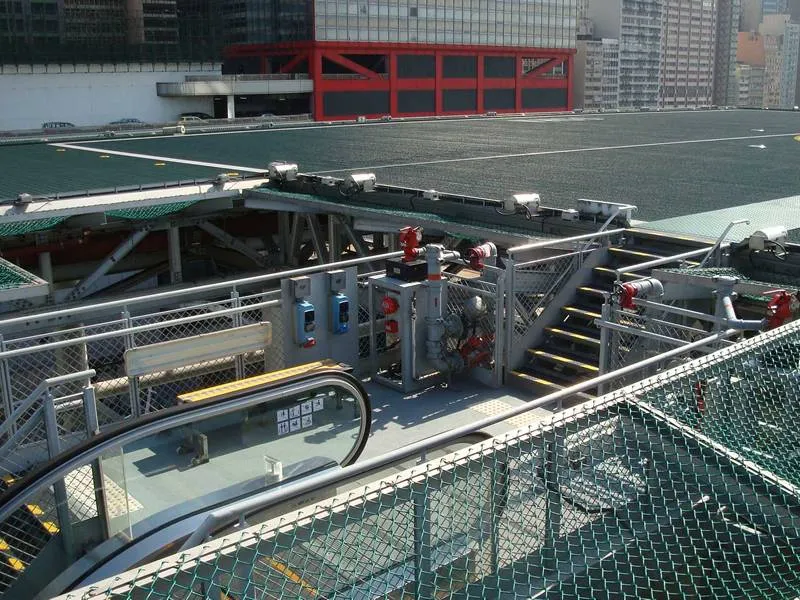- Industrial zone, South of Anping Town, Hengshui, Hebei, China.
- sales@hfpetromesh.com
- +86-18931809706
industrial shaker screen
The Importance of Industrial Shaker Screens in Various Industries
Industrial shaker screens play a pivotal role in numerous industries by facilitating the separation and classification of materials. These screens, primarily used in processes such as mining, oil and gas exploration, recycling, and construction, are designed to enhance productivity and efficiency. Understanding the significance and working principles of shaker screens can help businesses optimize their operations and improve the quality of their end products.
At their core, shaker screens are utilized to separate particles of different sizes, allowing for the efficient processing of materials. In the oil and gas industry, for example, drilling mud is filtered through shaker screens to remove cuttings and other contaminants. This not only helps maintain the efficiency of drilling operations but also ensures compliance with environmental regulations. By utilizing industrial shaker screens, companies can achieve a higher quality of drilling fluid, reducing the need for costly disposal methods and minimizing environmental impact.
In the mining sector, shaker screens are essential for separating valuable minerals from waste materials. These screens are employed in various stages of the mining process, from the initial extraction to the final processing of ore. By effectively classifying materials based on size, shaker screens help in maximizing the recovery of valuable minerals, ultimately leading to increased profitability for mining operations. The ability to tailor screen specifications to different materials further enhances their efficiency, making them a vital tool in the industry.
industrial shaker screen

The recycling industry also benefits significantly from industrial shaker screens. As more emphasis is placed on sustainable practices, the demand for efficient recycling methods has increased. Shaker screens are crucial in the sorting process, allowing for the separation of recyclable materials such as plastics, metals, and glass from waste. This separation not only enhances the recycling process but also contributes to reducing landfill waste and conserving natural resources. By improving the efficiency of recycling operations, shaker screens play an essential role in promoting a circular economy.
Furthermore, the construction industry relies on shaker screens for the production of aggregates. These screens are used to sift and classify materials like sand and gravel, ensuring that they meet specific standards for construction projects. The use of high-quality shaker screens can lead to improved material quality, which is essential for the safety and durability of construction work. As construction projects become more complex and stringent in their requirements, the role of shaker screens becomes increasingly critical.
In conclusion, industrial shaker screens are indispensable tools that significantly contribute to various industries, including oil and gas, mining, recycling, and construction. Their ability to separate materials efficiently not only enhances productivity but also promotes sustainable practices and compliance with regulations. As technology continues to evolve, the design and capabilities of shaker screens are likely to improve, further solidifying their position as vital components in industrial operations. Emphasizing the importance of these tools can help industries leverage their benefits, ultimately leading to more efficient processes and better product outcomes.
-
The Power of Pyramid Shaker Screen - A 3-Dimensional SolutionNewsOct.24,2024
-
Exploring the Versatility and Durability of Steel GratingNewsOct.24,2024
-
Revolutionizing Drilling Efficiency with Steel Frame Shaker Screens for Mud Shale ShakersNewsOct.24,2024
-
Potential of Shale Shaker ScreensNewsOct.24,2024
-
Offshore Pipeline Counterweight Welded Mesh - Reinforced Mesh in Marine EngineeringNewsOct.24,2024
-
Revolutionizing Offshore Pipeline Stability with Concrete Weight Coating MeshNewsOct.24,2024
